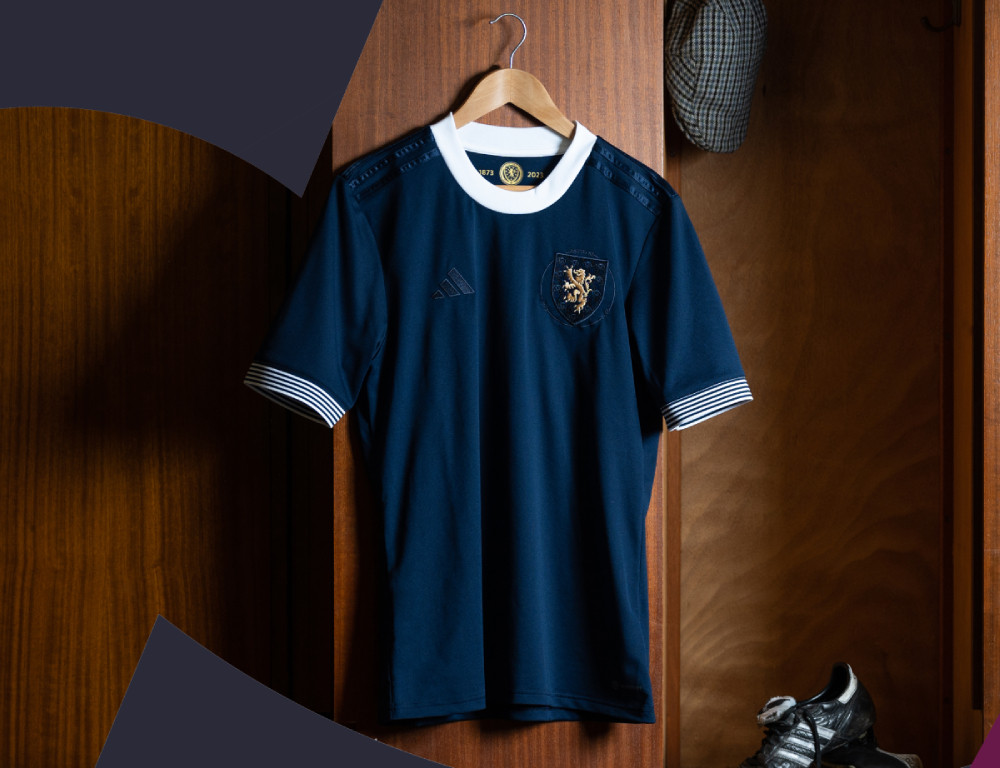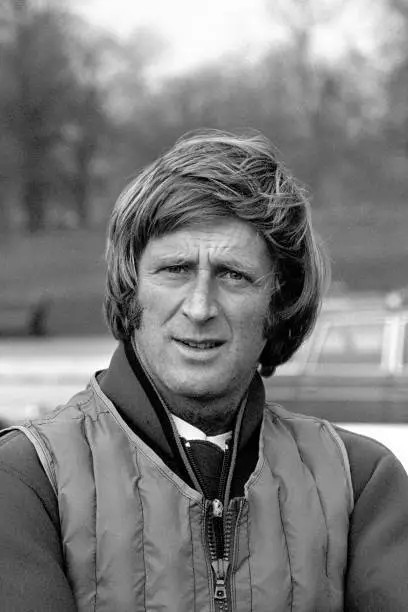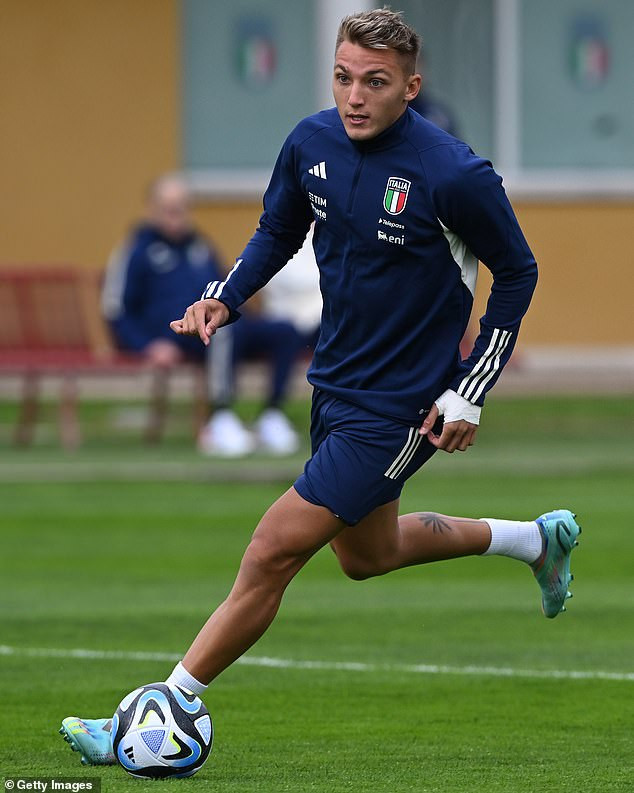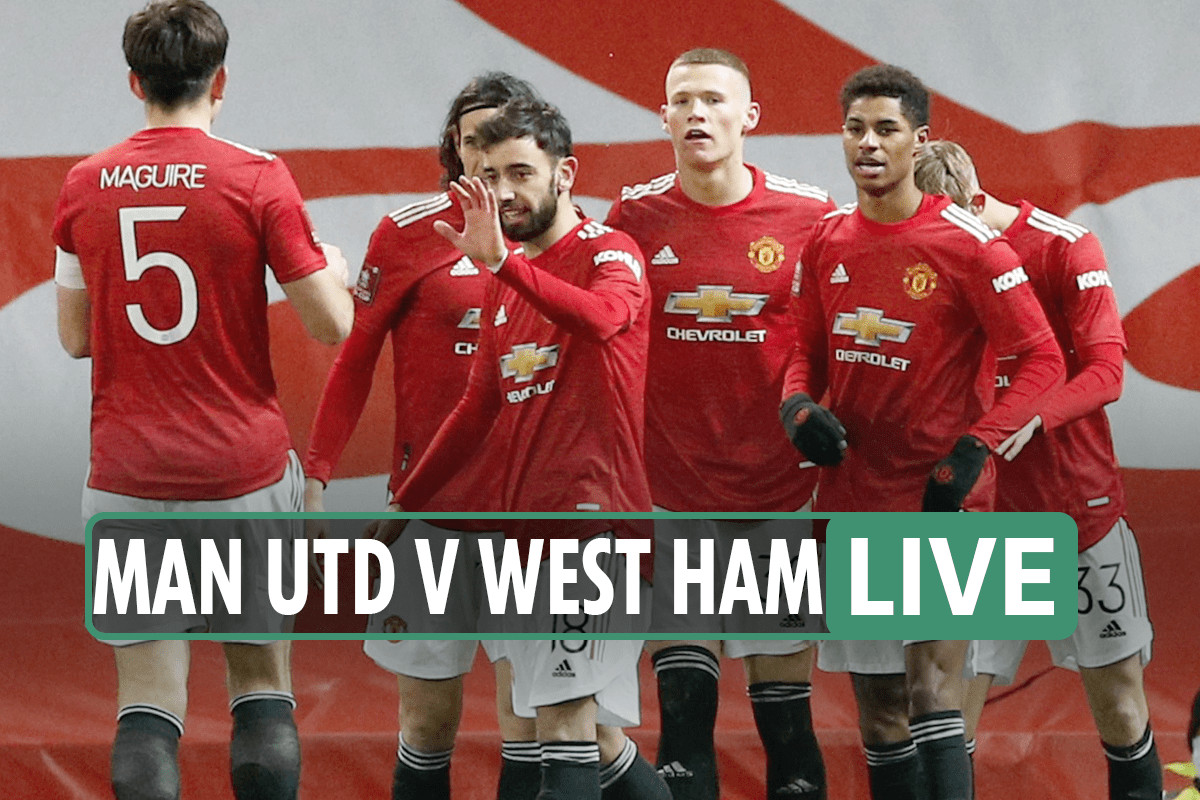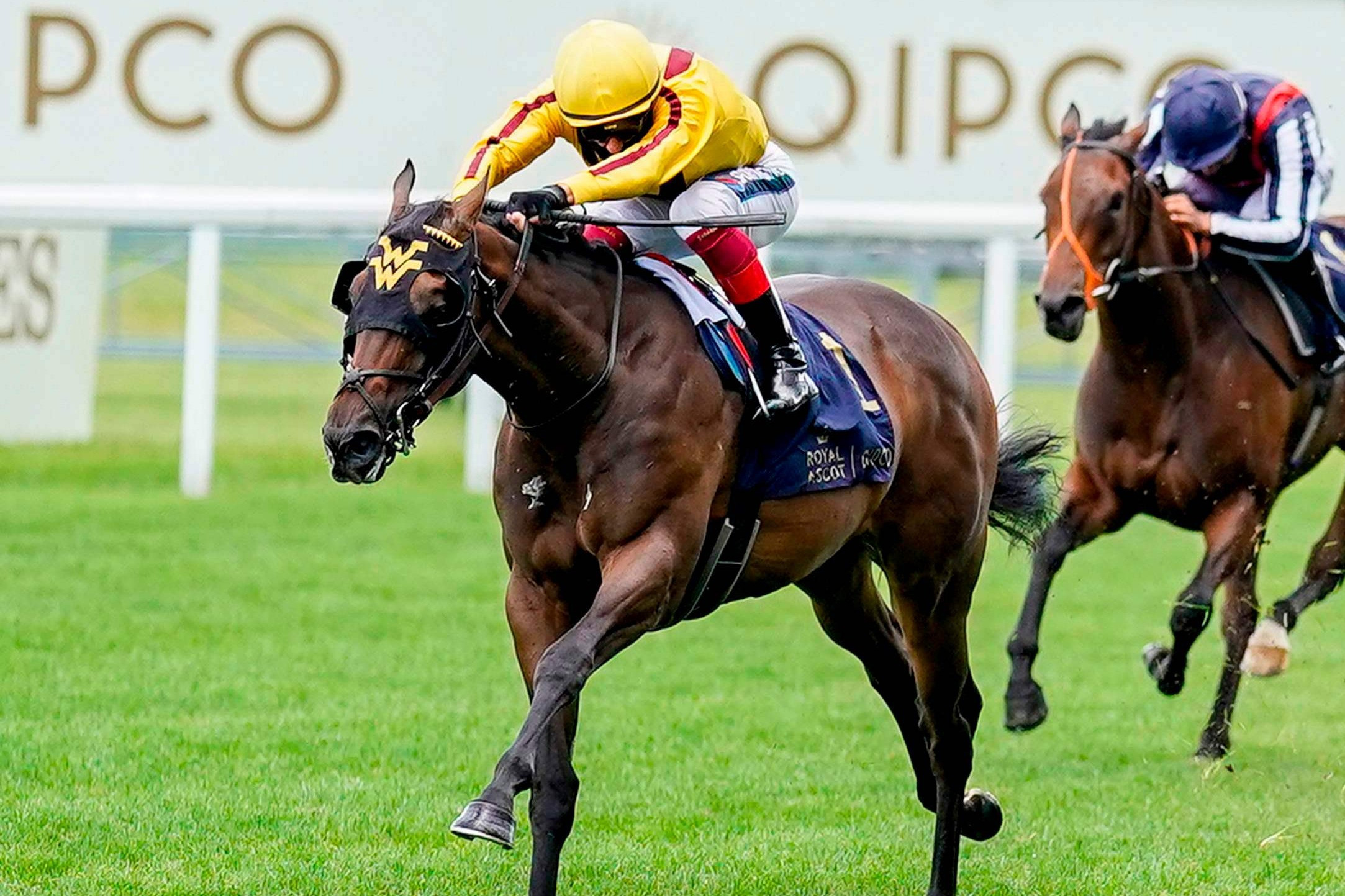Ireland's 150th Anniversary Rugby Match: A Double Celebration at the Aviva
There is a double celebration at the Aviva tomorrow. The 150th anniversary of the IRFU and the Wallabies’ homage to their 1984 Grand Slam-winning team, who pioneered two decades of global power for the gold jersey. This match is not just another game; it's a pivotal moment in the history of Irish rugby, a chance to reflect on the past while looking toward the future. The atmosphere is expected to be electric, a fitting tribute to 150 years of dedication, triumphs and the unyielding spirit of Irish rugby.
The Rise and Fall of Australian Rugby: A Cautionary Tale
In the dying days of amateurism and at the start of the professional era, Wallaby teams had a seemingly bottomless pool of outrageous playing talent flowing from a web of schools and junior programmes. Established by the “greatest generation,” who had survived the second World War, when they returned to civilian life many just wanted their kids playing “footy” on Saturday mornings. Some became teachers and created rugby programmes within their schools. Others established junior clubs believing that postwar Australia would benefit from the uniting force of rugby in their community. They were not thinking of Bledisloe Cups, European Grand Slams or World Cups when they turned up on Sunday mornings to plant grass seeds at their newly-levelled playing grounds or help lay the bricks bought from selling raffle tickets to build changing rooms.
However, some 50 years after it sparked into life, the giant powerhouse of community sport that drove the amazing Australian rugby success finally ran out of energy. In November 2003, as Jonny Wilkinsons’s drop goal sailed over the crossbar to snatch the William Webb Ellis Trophy from the Wallabies at Sydney’s Olympic Stadium, Australian rugby had already passed its zenith and had commenced its long but dramatic decline. Successive leaders ignored the many warnings from coaches and administrators who worked within the juniors and school systems. They vainly tried to explain that the problems at the pinnacle of the pyramid were being caused by the crumbling of its base. Committees and chief executives did not recognise or implement the changes required to modernise Rugby Australia’s high performance programmes. There was no greater example of ignorance than the day, in an act of self-flagellation, rugby cut ties with the Australia Institute of Sport.
I played my junior rugby in Sydney’s northwest in the Eastwood Juniors competition. There are seven junior clubs that no longer exist inside that one small area. Today many state-run High Schools, that produced so many Wallabies over the years, have stopped playing rugby. As the problems became undeniable, the leadership disastrously attempted a short-term fix for a long-term problem. New Zealand coaches and administrators were parachuted into the system. People who did not understand the heartland acted like imperial invaders who attempted to wipe out the local culture by installing an imported one. This condemned generations of local coaches and administrators to either quit or move overseas. In attempting to turn Australian rugby into the third Island of New Zealand, they unwittingly produced an even more disastrous consequence. Over time, Australian rugby lost its identity. The running game, which was paramount to the success of the 1984 Wallabies, once lived deep inside Australian rugby’s DNA. Like a lost indigenous language, the intergenerational knowledge required to keep the skills alive for this uniquely Australian style of play were ignored by successive administrations. Now it is all but lost. As a rugby nation, Australia no longer has a unique philosophy of how to play the game. The results across the last 20 years are evidence of this truth. As a result, playing standards in the schools and clubs that feed into Super Rugby teams have plummeted.
Ireland's Ascent: A Model of Success
During the same era that the Wallabies reached their peak by winning the World Cup in 1999, Ireland had hit rock bottom. The night before the 1999 World Cup final in Cardiff, Leinster played Munster at Donnybrook. Brian O’Driscoll, Keith Wood and Ronan O’Gara played in front of 800 people. After coaching the Waratahs in Super Rugby, I had arrived in Ireland two days earlier. My first impression was that I had landed in rugby’s version of the Third World. Over the following decades, the IRFU built an infrastructure of stadiums, academies, competitions and teams that are superior in every element to that of Australia. Crucially, a philosophy of how all Irish teams play has been nurtured and implemented. Teams on the island now perform in a uniquely Irish style. From schools, under-20s, through the provinces and into the national team (as the saying goes, ‘From the ground up’) Ireland are playing to an Irish philosophy – ball in hand, threatening the line in attack with forwards and backs intermingling and short accurate passes to runners attacking shoulders. This is then backed up with a fast-rushing defensive system, and all are underpinned by a strong lineout, maul and scrum. As we reflect on the 150th Anniversary of the IRFU, aside from Kevin the Carrot, the IRFU have got the vast majority of their decisions right. They deserve great credit for the almost unimaginable rise of Irish rugby.
The 2024 Match: A Clash of Titans
Compare that rise to where Australia now finds itself. Look at the utter shambles that was their 2023 World Cup campaign, arriving just a few months after Rugby Australia made a number of decisions that can only be categorised as lunacy. They sacked their highly-respected coach Dave Rennie and appointed Eddie Jones. Jones then dropped the talismanic Michael Hooper, which precipitated a series of awful performances by the Wallabies and the resignation of Jones. This was surely the high watermark of unimaginable administrative folly by Rugby Australia over two decades. Immediately after the Jones fiasco, World Cup winner Daniel Herbert was appointed chairman. Dan has bravely taken on the unenviable task of sorting out 20 years of other people’s messes. His first decisions – to appoint Joe Schmidt and to return Laurie Fisher as his assistant – were both wise actions that I agree with. When the Wallabies won so magnificently at Twickenham and Cardiff, they gave the Australian rugby community much-needed hope. Then after defeat last week at Murrayfield, it was a case of two steps forward and one giant leap backwards. So on Saturday, Ireland are red-hot favourites. Yet with providence gifting these Wallabies the opportunity to face the Lions next summer, their motivation is powerful. Australia’s first step to claim a slice of history with an against-the-odds victory in a Lions series starts at the Aviva. If the Wallabies can defeat an Irish team led by the Lions coach, Andy Farrell, and finish their tour with three out of four wins against the teams who will combine for next summer’s series, then doubt will be sown in the minds of the Lions and much-needed confidence will bloom in the Wallabies. If only we knew which Australia will turn up. The inspirational runners from Twickenham or the fumbling incompetents from Murrayfield? The rewards and consequences riding on this match could not be higher for the Wallabies. Anniversaries and history will have no bearing as once again international competition drives the fact that there is no such thing as a friendly in Test match rugby.
A Commemorative Jersey and a Legacy to Uphold
For Saturday's game against Australia, Ireland will wear a special commemorative jersey design. Canterbury have conjured up a one-off design to celebrate the 150th anniversary of the IRFU - a milestone which is being subtly celebrated on the permanent jersey design. The dark green, almost sponsorless design is an absolute peach. Caelan Doris and his Ireland team intend to mark the IRFU 150th Anniversary match against Australia in style, and not just by wearing a special commemorative jersey. The Ireland captain wants to ensure the milestone is more than just a number as a sold-out Aviva Stadium prepares to welcome back former head coach and current Wallabies boss Joe Schmidt for his first game in Dublin since ending his highly successful nine-year term in Irish Rugby in 2019. The celebratory season kicked off back in September when the Ireland Women’s Team faced Australia in the first 150 Anniversary match where they clinched a 36-10 victory. This week it’s the turn of the Men’s sides as the Wallabies will be welcomed to Lansdowne Road for the final clash of the Nations Series. Doris revealed that Ireland’s rugby past was a regular topic of conversation within the national team camp. There will be further history made when Cian Healy makes an appearance off the bench for his 134th Test cap, eclipsing O’Driscoll’s record. This match is more than just a game; it’s a testament to the enduring spirit of Irish rugby, a legacy built over 150 years of passion, dedication, and unwavering commitment to the game. The players, coaches, and fans all share a collective pride, and the weight of that history rests on their shoulders as they take the field for this momentous occasion. The future of Irish rugby is bright, promising many more years of exhilarating matches and inspiring triumphs.





